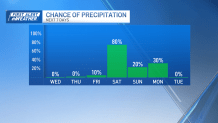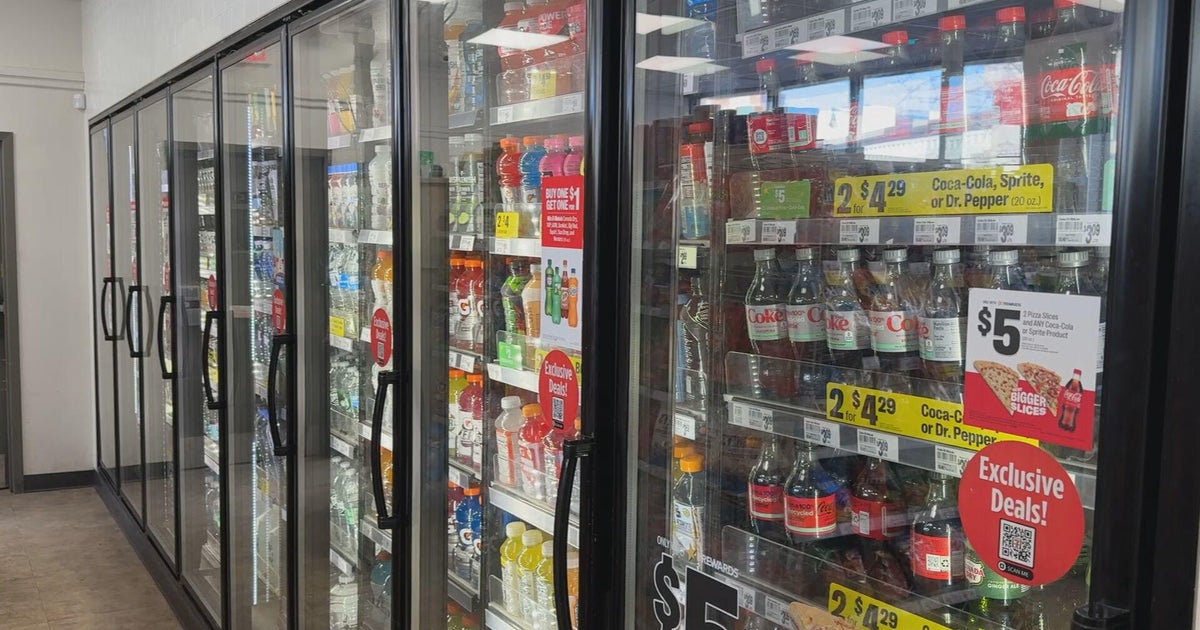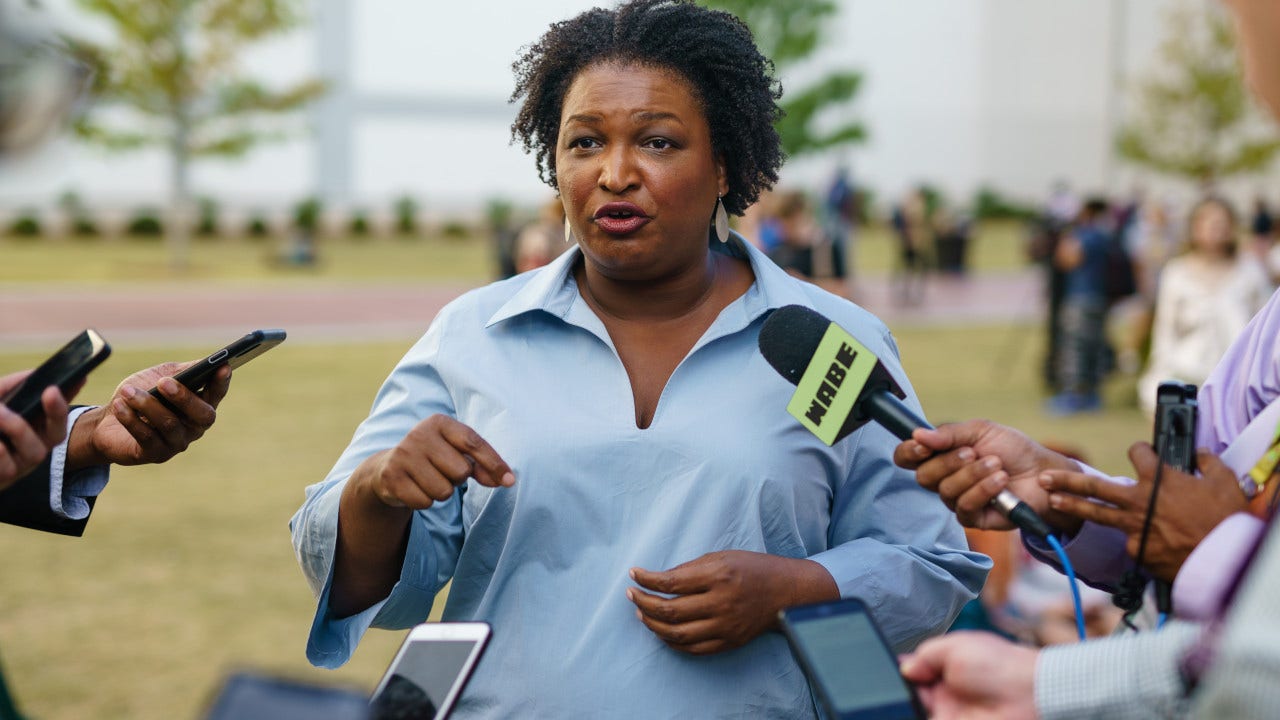Boston, MA
Embattled Boston City Councilor Kendra Lara faces two challengers in reelection bid – The Boston Globe

Lara, known as one of the council’s most outspoken progressives, carries the significant advantages of name recognition and incumbency. But the first-term councilor is seeking reelection after a June 30 car crash when, police say, she slammed an unregistered, uninsured car into the side of a Centre Street home while driving at least twice the speed limit. Lara had not had a valid driver’s license since 2013. She has entered a not-guilty plea on charges related to the crash.
Pointing to her achievements on the council — including advocating for affordable housing policy and helping secure funds for a new library in Egleston Square — Lara, 33, said “it’s clear my platform and my record most align with the vision of a progressive Boston.”
“I hope my worst moment does not overshadow two years of a perfect progressive voting record and policies that center working people,” she told the Globe in an emailed statement.
Allies call Weber the progressive alternative for voters who have cooled on Lara, while King is seen as the most moderate candidate in the race. Both challengers are pitching themselves as low-drama choices who can help restore order to a council rocked by chaos and internal dysfunction during the most recent two-year term.
Though Weber and King named education and housing as top priority issues, the council’s infighting and Lara’s recent troubles have largely been the focus of this fall’s elections.
“I don’t think there’s a lot of policy differences — we care about many of the same things,” Weber said of himself and Lara. But during the current term, he added, “the City Council wasn’t working, and wasn’t providing constituent services that it’s supposed to.”
“We need people on the council who are responsible, answerable to constituents, and can get things done,” he said. “I think I can help the council work.”
King, 34, works as the IT director at a conservation nonprofit. This is his third run for council after unsuccessful at-large bids in 2017 and 2019.
A lifelong Boston resident, King lives in West Roxbury, the least progressive neighborhood in the district, and also the area where Lara fared worse in her 2021 election. He has drawn the support of the council’s most conservative voices, Frank Baker and Erin Murphy, who are planning a fund-raiser for him at the Corrib Pub in West Roxbury later this month.
King said he would bring “new leadership” and focus on constituent service.

“Residents want a City Council that actually works, not one bogged down by the dysfunction and personal animosities we have seen the past few years,” he said. “People are tired of the constant chaos and they want a City Council focused on delivering for them.”
Unlike his opponents, King opposes the controversial “road diet” the city has envisioned for Centre Street in West Roxbury, which would slim the road from four lanes to three and add parking-protected bike lanes. City officials say the plan will improve safety on a treacherous stretch where a woman was killed in 2019 and a kindergartener’s foot was run over last winter by a car running a red light. But the proposal has proved highly controversial in the neighborhood, where critics fear the plan will increase traffic on side streets and threaten the profits of local businesses.
Lara supports the road diet, as does Weber, though he said the city should have solicited more feedback from West Roxbury residents.
Weber, 49, is a longtime labor attorney who lives in Jamaica Plain with his wife and two children. Raised in New York, he started his career representing migrant farmworkers in the South, and later worked in the Massachusetts Attorney General’s Office under Martha Coakley, where he prosecuted employers for wage law violations. Weber, a member of the Jamaica Plain Neighborhood Council, said he became interested in politics in the wake of chaos and mismanagement at the Mission Hill K-8 School, where both of his children studied. BPS closed the school last year after a damning report detailed rampant bullying and physical and sexual abuse among students.
Weber said he’s been “disappointed” that the current group of progressive councilors have “to some extent not been able to get a progressive agenda because of things unrelated to their work on the council.”
“Having people on the council who can get things done will actually help us get through more progressive policies,” he said.

As of the end of July, Weber had by far the most cash on hand, with $19,517, to Lara’s $7,909 and King’s $4,082.
For her part, Lara said she is the strongest candidate because “I understand the historical issues in the district, I am connected to communities doing the work, and they trust me to steward that vision at City Hall.”
“We have a strong progressive coalition on the Boston City Council that is made stronger by having a representative that is not only directly impacted by the issues but has been fighting for solutions for nearly two decades,” Lara said. “This makes me effective as a representative, and it’s the experience neither of my opponents brings to this race.”
Lara has maintained the support of some on the left even as she battles criminal charges and difficult headlines. She has the backing of the Boston Democratic Socialists of America, for example.
“Her work on affordable housing, youth jobs, and enfranchisement for undocumented and youth voters has been vital to the creation of a better Boston,” said Evan George, the group’s co-chair of electoral work. “Ultimately, the problems facing Boston greatly outweigh anything Kendra is dealing with, and she has been a fearless champion for the people of Boston.”
Emma Platoff can be reached at emma.platoff@globe.com. Follow her @emmaplatoff.

Boston, MA
Constantine Manos, photographer for landmark ‘Where’s Boston?’ exhibit, dies at 90 – The Boston Globe

Among Mr. Manos’s books were “A Greek Portfolio” (1972; updated 1999), “Bostonians” (1975), “American Color” 1995) and ”American Color 2″ (2010). Mr. Manos’s work with color was notably expressive and influential.
“Color was a four-letter word in art photography,” the photographer Lou Jones, who worked with Mr. Manos on “Where’s Boston?,” said in a telephone interview. “But he was making wonderful, complex photographs with color, and that meant so much.”
Yet for all his formal skill, Mr. Manos always emphasized the human element in his work. “I am a people photographer and have always been interested in people,” he once said.
That interest extended beyond the photographs he took. He was a celebrated teacher. Among the students he taught in his photo workshops was Stella Johnson.
“He’d go through a hundred of my photographs,” she said in a telephone interview, “and maybe he’d like two. ‘No, no, no, no, yes, no.’ Costa really taught me how to see. I remember him looking at one picture and saying, “You were standing in the wrong spot.’ Something like that was invaluable to me as a young photographer.
“He was a very, very kind man, very generous. But he was very strict. ‘How could you do that?’ He was adored by his students and by his friends, absolutely. We were all lucky to have been in his orbit.”

Mr. Manos, who moved to Provincetown in 2008, lived in the South End for four decades. The South Carolina native’s association with the Boston area began when the Boston Symphony Orchestra hired him as a photographer at Tanglewood. He was 19. This led to Mr. Manos’s first book, “Portrait of a Symphony” (1961; updated 2000).
Constantine Manos was born in Columbia, S.C., on Oct. 12, 1934. His parents, Dimitri and Aphrodite (Vaporiotou) Manos, were Greek immigrants. They ran a café in the city’s Black section. That experience gave Mr. Manos a sympathy for marginalized people that would stay with him throughout his life. As a student at the University of South Carolina, he wrote editorials in the school paper opposing segregation. Later, he would do extensive work chronicling the LGBTQ+ community with his camera.
Mr. Manos became interested in photography at 13, joining the school camera club and building a darkroom in his parents’ basement. After graduating from college, Mr. Manos did two years of Army service in Germany, working as a photographer for Stars and Stripes. He joined Magnum in 1963. This had special meaning for him. Mr. Manos’s chief inspiration as a young photographer had been Henri Cartier-Bresson, one of Magnum’s founders. He was such an admirer he made a point of using the same equipment that Cartier-Bresson did.
That same year, Mr. Manos entered a seafood restaurant in Rome that was around the corner from the Pantheon. Prodanou, his future husband, was dining with friends. Noticing Mr. Manos, he gestured to him. “Would you join us for coffee?” The couple spent the next 61 years together, marrying in 2011.

Mr. Manos lived in Greece for three years, which led to “A Greek Portfolio.” He undertook a very different project in the Athens of America. Part of the city’s Bicentennial tribute, “Where’s Boston?” was a slice-of-many-lives view of contemporary Boston.
Located in a red-white-and-blue striped pavilion at the Prudential Center, it became a local sensation. The installation involved 42 computerized projectors and 3,097 color slides (most of them taken by Mr. Manos), shown on eight 10 feet by 10 feet screens. Outside the pavilion was a set of murals, consisting of 152 black-and-white photographs of Boston scenes, all shot by Mr. Manos.
“The most important thing I had to do was to keep my picture ideas simple,” he said in a 1975 Globe interview. “Viewers are treated to a veritable avalanche of color slides in exactly one hour’s time.”
In that same interview, he made an observation about his work generally. “I prefer to stay in close to my subjects. I let them see me and my camera and when they become bored they forget about me and then I get my best pictures.”
Among institutions that own Mr. Manos’s photographs are the Museum of Fine Arts; the Museum of Modern Art, New York; the Art Institute of Chicago; the High Museum of Art, Atlanta; the Library of Congress; and the Bibliothèque Nationale, Paris.
In addition to his husband, Mr. Manos leaves a sister, Irene Constantinides, of Atlanta, and a brother, Theofanis Manos, of Greenville, S.C.
A memorial service will be held later this year.
Mark Feeney can be reached at mark.feeney@globe.com.
Boston, MA
Below freezing temperatures again today

The winds are still going Wednesday, but the air temperatures remain at respectable levels. Highs will manage to weasel up to 30 in most spots. It’s too bad we’re not going to feel them at face value. Instead, we’re dressing for temps in the teens all day today.
Thursday and Friday are the picks of the week.
There will be a lot less wind, reasonable winter temperatures in the 30s and a decent amount of sun. We’ll be quiet into the weekend, as our next weather system approaches.
With mild air expected to come north on southerly winds, highs will bounce back to the low and mid-40s both days of the weekend.
Showers will be delayed until late day/evening on Saturday and into the night. There may be a few early on Sunday too, but the focus on that day will be to bring in the cold.
Highs will briefly sneak into the 40s, then fall late day.

We’ll also watch a batch of snow late Sunday night as it moves up the Eastern Seaboard.
Right now, there is a potential for some accumulation as it moves overhead Sunday night and early Monday morning.
It appears to be a weak, speedy system, so we’re not expecting it to pull any punches.

Enjoy the quieter spell of weather!
Boston, MA
Boston City Councilor will introduce

BOSTON – It could cost you more to get a soda soon. The Boston City Council is proposing a tax on sugary drinks, saying the money on unhealthy beverages can be put to good use.
A benefit for public health?
“I’ve heard from a lot of residents in my district who are supportive of a tax on sugary beverages, but they want to make sure that these funds are used for public health,” said City Councilor Sharon Durkan, who is introducing the “Sugar Tax,” modeled on Philadelphia and Seattle. She said it’s a great way to introduce and fund health initiatives and slowly improve public health.
A study from Boston University found that cities that implemented a tax on sugary drinks saw a 33% decrease in sales.
“What it does is it creates an environment where we are discouraging the use of something that we know, over time, causes cancer, causes diet-related diseases, causes obesity and other diet-related illnesses,” she said.
Soda drinkers say no to “Sugar Tax”
Soda drinkers don’t see the benefit.
Delaney Doidge stopped by the store to get a mid-day pick-me-up on Tuesday.
“I wasn’t planning on getting anything, but we needed toilet paper, and I wanted a Diet Coke, so I got a Diet Coke,” she said, adding that a tax on sugary drinks is an overreach, forcing her to ask: What’s next?
“Then we’d have to tax everything else that brings people enjoyment,” Doidge said. “If somebody wants a sweet treat, they deserve it, no tax.”
Store owners said they’re worried about how an additional tax would impact their businesses.
Durkan plans to bring the tax idea before the City Council on Wednesday to start the conversation about what rates would look like.
Massachusetts considered a similar tax in 2017.
-

 Health1 week ago
Health1 week agoOzempic ‘microdosing’ is the new weight-loss trend: Should you try it?
-
/cdn.vox-cdn.com/uploads/chorus_asset/file/25822586/STK169_ZUCKERBERG_MAGA_STKS491_CVIRGINIA_A.jpg)
/cdn.vox-cdn.com/uploads/chorus_asset/file/25822586/STK169_ZUCKERBERG_MAGA_STKS491_CVIRGINIA_A.jpg) Technology6 days ago
Technology6 days agoMeta is highlighting a splintering global approach to online speech
-

 Science4 days ago
Science4 days agoMetro will offer free rides in L.A. through Sunday due to fires
-
/cdn.vox-cdn.com/uploads/chorus_asset/file/25821992/videoframe_720397.png)
/cdn.vox-cdn.com/uploads/chorus_asset/file/25821992/videoframe_720397.png) Technology1 week ago
Technology1 week agoLas Vegas police release ChatGPT logs from the suspect in the Cybertruck explosion
-

 Movie Reviews1 week ago
Movie Reviews1 week ago‘How to Make Millions Before Grandma Dies’ Review: Thai Oscar Entry Is a Disarmingly Sentimental Tear-Jerker
-

 Health1 week ago
Health1 week agoMichael J. Fox honored with Presidential Medal of Freedom for Parkinson’s research efforts
-

 Movie Reviews1 week ago
Movie Reviews1 week agoMovie Review: Millennials try to buy-in or opt-out of the “American Meltdown”
-

 News1 week ago
News1 week agoPhotos: Pacific Palisades Wildfire Engulfs Homes in an L.A. Neighborhood














